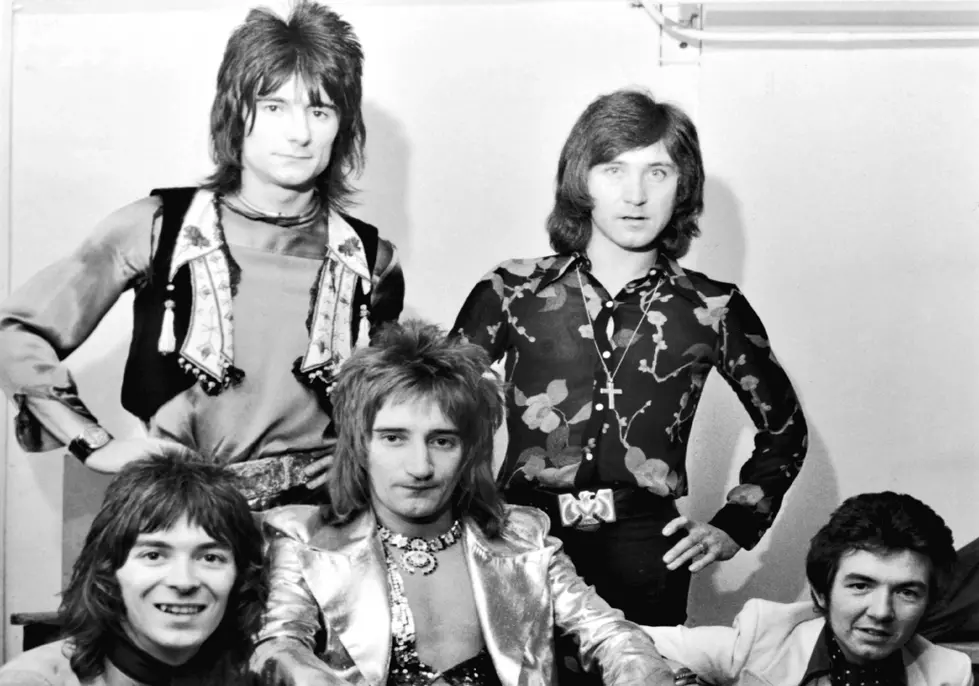
The Roots of Indie: ‘O Brother Where Art Thou?’ Original Soundtrack
Everything old is eventually new again, and in 2000 American roots music got its turn courtesy of a pair of film making brothers.
In the prior 15 years, Joel and Ethan Coen wrote and directed films ranging from the slapstick comedy of Raising Arizona to the "don'tcha know" suspense of Fargo. In late '97 they started working on a Depression-era script based loosely on a combination of The Odyssey and the 1941 film Sullivan's Travels, which also lent the Coens' script its name -- O Brother Where Art Thou?.
Producer T-Bone Burnett started working on the soundtrack before the brothers had even finished the script. He was a 30-year veteran of the music industry by then -- three decades spent mostly at the folk/roots end of the rock spectrum. At the tender age of 20 he was writing and producing cuts like 1968's "The Viper (What John Rance Had to Tell)."
His highest visibility success came as a member of Bob Dylan's Rolling Thunder Revue during the '70s. Burnett transitioned from playing for Dylan to both the producer's chair and to a solo career. His fondness for roots music was easy to hear on his self-titled 1986 solo album. To paraphrase O Brother, when it came to roots music, Burnett was bona fide.
The resulting soundtrack, completed before the script was finished, was a masterclass in traditional music, many songs dating back to the Ralph Peer era of hillbilly recordings. In some cases original recordings of traditional tracks were used, and in others songs were re-recorded specifically for the film.
"Original recording" is a misnomer here, as many of the songs featured on the soundtrack are traditional. The Stanley Brothers' recording of "Angel Band" is as classic as they come, for example.
For some music fans, the most compelling subplot in the film involves Tommy Johnson, an African-American blues guitarist that the story's protagonists pick up hitchhiking at a crossroads. Johnson tells the boys how he's sold his soul to the devil in exchange for musical prowess.
Many assume that the Coens are referencing Robert Johnson here, but in fact there was a hotshot bluesman named Tommy Johnson (no relation) who claimed to have made the same satanic deal. No Johnson songs appear either in the film or on the soundtrack, but Burnett and the Coens expanded the casual but curious blues fans' knowledge by one with the inclusion of the Johnson character.
O Brother did well both critically and commercially when it was released in 2000, but there was no reason to believe that the accompanying soundtrack with its mandolins and banjos would even make a dent. Among the biggest sellers that year were songs from Madonna, Bon Jovi and Britney Spears. Yet, on the back of cuts like the ethereal "I'll Fly Away" by Allison Krauss and Gillian Welch, the soundtrack earned three Grammys (including Album of the Year) and sold eight million copies.
Eight million sold suggests that music fans were looking for something with a little more meat on the bone than "Oops! I Did it Again." That "good old-timey music," as it is called in the film, dripped with death, loss, faith and sorrow. The latter is particularly critical to the story as our heroes, disguised as the Soggy Bottom Boys, provide the film's most essential track in "I am a Man of Constant Sorrow."
The music was such a phenomenon that a documentary followed. Down from the Mountain: Live Concert Performances by the Artists & Musicians of O Brother, Where Art Thou? was the unwieldy-named DVD capturing a May 24, 2000 concert at Nashville's famous Ryman Auditorium. The show featured several participants in the soundtrack along with other country stars, but the must-see performance remains Ralph Stanley's "O Death."
We've established that O Brother is a great and commercially successful soundtrack, but this column is named "The Roots of Indie," not "The Great and Commercially Successful Soundtracks." How can a new millennium rehash of hillbilly music be the roots of anything?
The answer is influence, of course. Back in 2010 Mumford & Sons' Marcus Mumford and Winston Marshall told American Songwriter:
Mumford: Well Winnie was the first to get into bluegrass. Actually we were just talking today about how O Brother Where Art Thou was like a critical moment for us.
Marshall: It had such a big influence. It was huge, obviously, around the world. but the soundtrack was…I think everyone owned it. Did you? All my family had a copy.
If you aren't one of the eight million who purchased the O Brother Where Art Thou? soundtrack, or if you're looking for an upgrade, look for the 10th anniversary deluxe edition. This version nearly doubles the number of songs on the original release for a total of 33 tracks.
And for crying out loud, don't sell your soul to the Devil. That's no way to be bona fide.
More From Diffuser.fm









